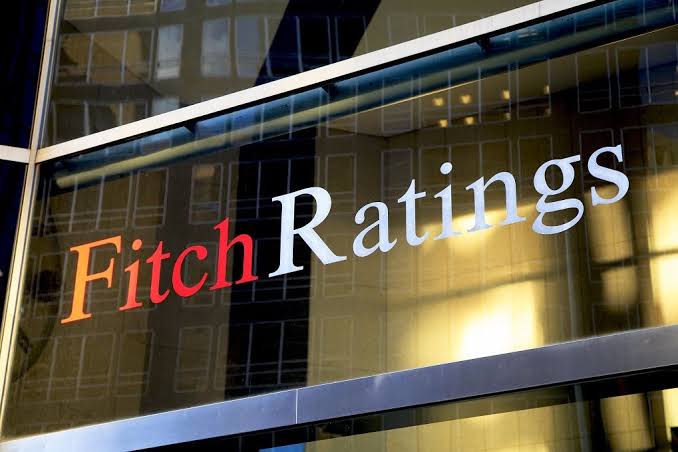Fitch Ratings has recently revised Nigeria’s Long-Term Foreign-Currency Issuer Default Rating (IDR) Outlook from Stable to Positive, while affirming the IDR at ‘B-‘.
This positive adjustment reflects the series of reforms implemented over the past year aimed at restoring macroeconomic stability and enhancing policy coherence and credibility.
The global agency highlighted key reforms in Nigeria, including adjustments to exchange rate and monetary policy frameworks, reduction of fuel subsidies, improved coordination between the Ministry of Finance and the Central Bank of Nigeria (CBN), and scaling back of the CBN’s financing of the government. Additionally, administrative efficiency measures have been introduced to bolster government revenue, alongside efforts to boost oil production.
These reforms have notably reduced distortions resulting from previous unconventional monetary and exchange rate policies, leading to significant inflows to the official foreign exchange market. Despite these strides, challenges persist, including high inflation and foreign exchange (FX) market volatility, which will test the durability of the reform commitment.
Fitch noted the CBN’s intensified efforts in reforming the monetary and exchange rate frameworks, with measures such as unifying multiple exchange rate windows and reducing differentials between official and parallel market rates. This has spurred increased foreign portfolio investment inflows and a rapid appreciation of the naira at the official FX window.
However, Fitch highlighted the lack of clarity in the size of net FX reserves as a constraint on Nigeria’s credit profile. It anticipated further monetary policy tightening in the latter half of 2024, alongside efforts to strengthen monetary policy transmission.
Inflation, which reached 33.2 percent year-on-year in March, is projected to remain elevated in 2024 and 2025, albeit gradually decreasing. The budget deficit is expected to widen slightly in 2024 but narrow thereafter, supported by improving non-oil revenue mobilization.
Despite challenges such as weak governance indicators, high hydrocarbon dependence, and limited crude oil production capacity, Nigeria’s rating is supported by its large economy, developed domestic debt market, and abundant oil and gas reserves. Efforts to increase oil refining capacity and boost crude oil production are underway, which should help ease FX demand and reduce reliance on imports.
Overall, while Nigeria’s economic reforms have garnered positive attention, continued efforts will be crucial for sustaining momentum and addressing lingering challenges.




